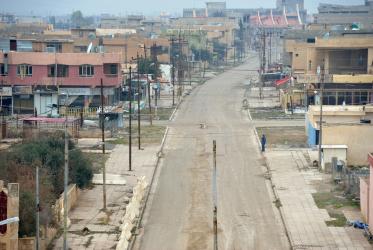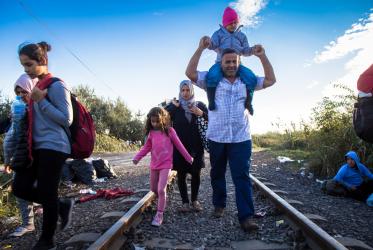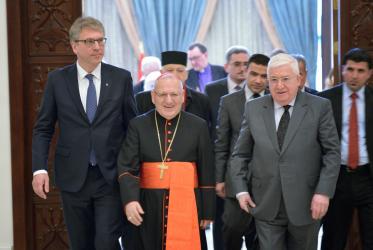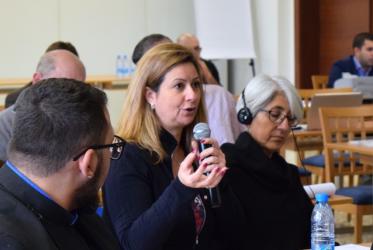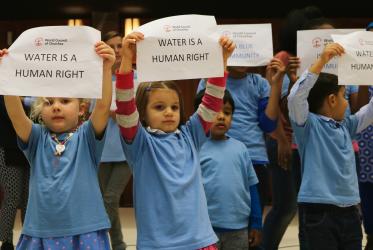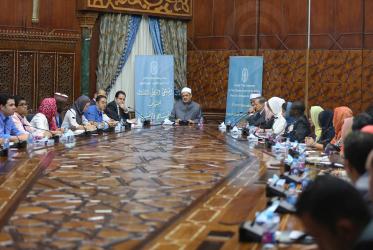Displaying 201 - 220 of 374
09 March 2017
Praying for one another, even when we disagree
02 March 2017
Churches’ diaconal action in the Middle East analyzed
01 December 2016
Plans for 2017 decided by WCC Executive Committee
01 December 2016
In Syria and Iraq, minorities must come out of the darkness
28 November 2016
WCC holds discussion on religious freedom literacy and diplomacy
23 September 2016
Seminar will address youth engagement, religion and violence
19 August 2016
Owe Boersma will strive for equilibrium as EAPPI coordinator
18 August 2016

